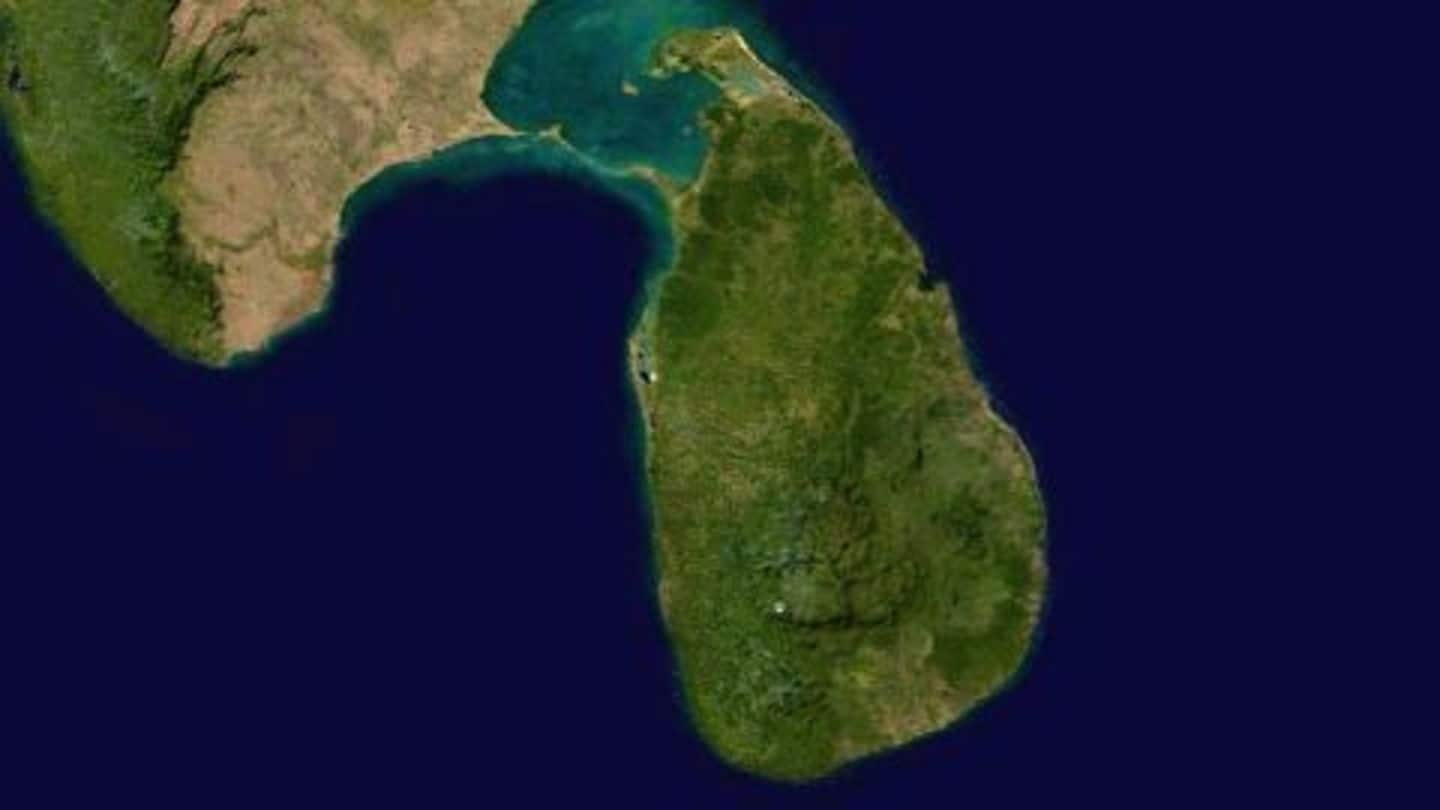
UN officials express outrage at Lankan war crimes
What's the story
A day after the release of UN report which confirmed patterns of grave violations in Sri Lanka between 2001 and 2011, UN officials expressed their outrage at the accounts of war crimes and crimes against humanity committed during the time. Secretary-General's Special Advisers said, "Accountability is not just a matter of justice; it is also a matter of reconciliation, peace and non-recurrence."
1983-2009
Sri Lankan civil war
From 1983 to 2009, the Sri Lankan government and the Tamil Tigers engaged in a bloody conflict. The civil war caused significant hardships for the country, with an estimated 80,000–100,000 people killed during its course. After years of fighting, failed peace talks, ceasefire agreements, etc, the war came to an end in May 2009 with the Sri Lankan military defeating the Tamil Tigers.
Information
Reason for conflict
Post-independence, the new government adopted policies discriminating against the Tamil minority. Responding to this, the Tamils held peaceful protests for an independent state, which later became violent. Liberation Tigers of Tamil Eelam (LTTE) or Tamil Tigers was formed in 1976 to fight for the Tamil cause.
Mar 2011
Darusman Report
In 2011, a panel of experts appointed by UN Secretary-General (UNSG) Ban Ki-moon produced the "Report of the Secretary-General's Panel of Experts on Accountability in Sri Lanka/Darusman Report." The panel found "credible allegations" which if proven indicated that war crimes were committed by both the Sri Lankan military and the rebel group-LTTE. It also called on the UNSG to conduct an independent international investigation.
Information
LLRC Report
Lankan government which rejected the Darusman report, produced a competing report by "Lessons Learnt and Reconciliation Commission (LLRC)" in 2011. LLRC argued that the Sri Lankan military did not deliberately target civilians, whereas LTTE committed grave violations of international humanitarian law.
Mar 2012
UNHRC resolution - 2012
In 2012, United Nations Human Rights Council (UNHRC) adopted resolution 19/2. While the resolution welcomed LLRC's recommendations, it also expressed concern that the report did not adequately address allegations of violations of international law. The resolution therefore requested Sri Lankan government to present an action plan detailing steps it took or will take to implement LLRC recommendations and to address alleged international law violations.
Mar 2014
UNHRC adopts resolution for independent investigation
After Sri Lankan government's failure to comply with earlier adopted resolutions, UNHRC in March 2014, adopted a new resolution. In this, it requested the Office of the High Commissioner for Human Rights (OHCHR) to undertake a comprehensive investigation into alleged violations and abuses of human rights by both parties in Sri Lanka. The votes were: 23 in favour, 12 against and 12 abstentions.
16 Sep 2015
UN releases Lankan war crimes report
UN High Commissioner for Human Rights Zeid Ra'ad Al Hussein released the Sri Lanka war crimes investigation report. Zeid urged for creation of hybrid special court as recommended by the report. The report strongly indicated that war crimes were most likely committed by both sides in the conflict. The crimes documented include: unlawful killings, sexual and gender-based violence, recruitment of children, forced disappearances, etc.